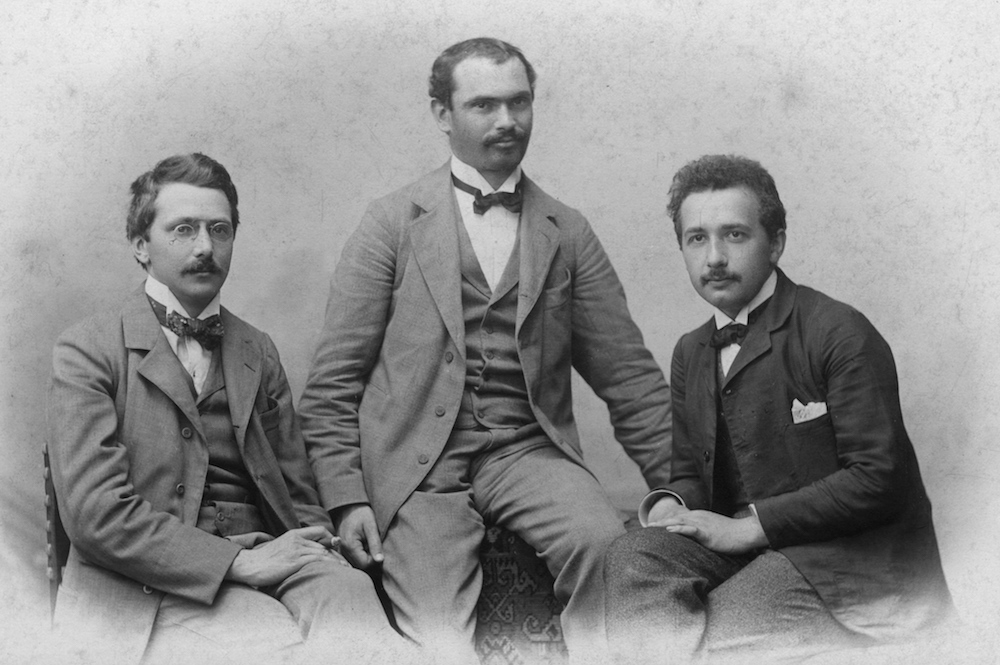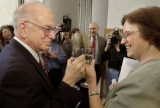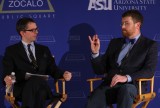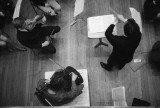Einstein’s Genius Wasn’t in His Brain; It Was in His Friends
New Scientific Insights on the Source of Creativity Show How Social Networks Drive Ideas
In 2017, the “Genius” issue of National Geographic credited Albert Einstein’s ability to harness the power of his “own thoughts” to predict gravity waves, a century before gravity waves were detected using highly sophisticated technologies. Does this prove that Einstein really was, as many have claimed, the “genius of all geniuses?”
Einstein and his brain are iconic objects—a sacred scientific hero and a sacred relic––but thinking differently about him now can help us revise outdated ideas about genius and about ourselves. There are several reasons to question Einstein’s genius: First, …









